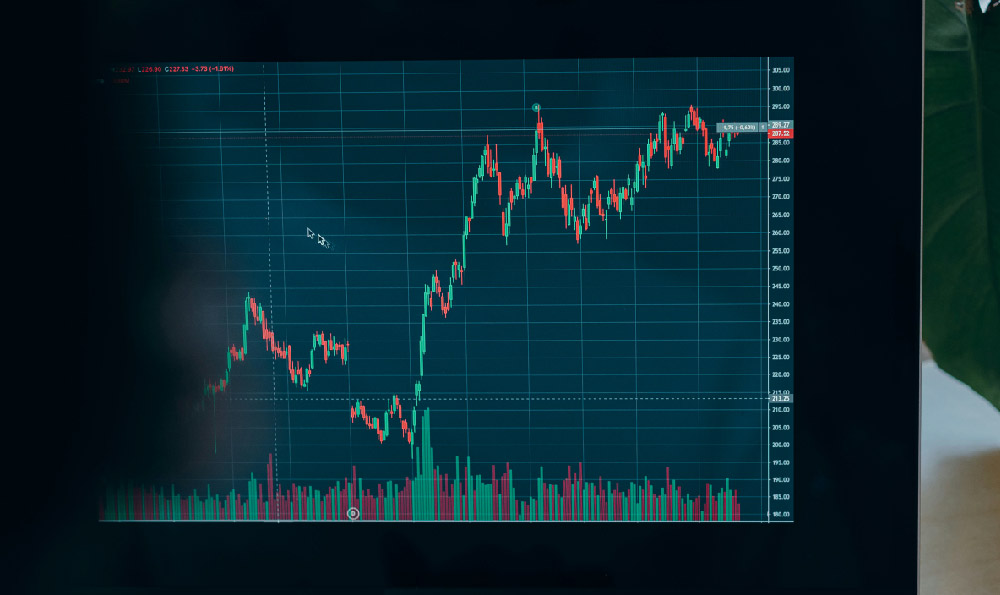Fidelity Investments, a titan in the financial services industry, offers a vast landscape of mutual funds designed to cater to a wide spectrum of investment goals and risk tolerances. Understanding how to navigate this landscape and whether a Fidelity mutual fund aligns with your specific financial aspirations is crucial for making informed investment decisions.
The process of investing in Fidelity mutual funds is relatively straightforward. First, you'll need to establish an account with Fidelity. This can be done online through their website, by phone, or in person at a Fidelity branch. The online application process typically requires you to provide personal information, including your social security number, address, and date of birth. You'll also need to specify the type of account you wish to open. Common account types include individual brokerage accounts, joint accounts, and retirement accounts like IRAs (Individual Retirement Accounts) and Roth IRAs.
Once your account is established, you'll need to fund it. Fidelity allows you to deposit funds electronically through bank transfers, wire transfers, or by mailing a check. The minimum initial investment for many Fidelity mutual funds is often relatively low, sometimes as little as $0 or $2,500, making them accessible to a broad range of investors. However, specific minimums can vary depending on the fund.

The next, and arguably most crucial, step is selecting the right mutual fund(s) for your portfolio. Fidelity offers a diverse array of mutual funds, categorized by asset class, investment strategy, and risk profile. For instance, they offer stock funds focused on growth, value, or specific sectors; bond funds spanning government, corporate, and high-yield debt; and balanced funds that allocate assets across stocks, bonds, and other investments.
To effectively choose a fund, you must carefully consider your investment objectives, time horizon, and risk tolerance. Are you saving for retirement decades away or a down payment on a house in a few years? Are you comfortable with significant market fluctuations in exchange for potentially higher returns, or do you prefer a more conservative approach with lower volatility?
Fidelity provides a wealth of resources to assist investors in their fund selection process. Their website offers detailed fund prospectuses, fact sheets, and performance data. These documents provide crucial information about a fund's investment strategy, holdings, expenses, and historical performance. It is imperative to meticulously review these materials before investing. You can also utilize Fidelity's fund screener tools, which allow you to filter funds based on criteria such as asset class, expense ratio, and Morningstar rating. Furthermore, Fidelity offers educational resources and tools to help investors understand different investment concepts and strategies.
Once you've chosen your fund(s), you can place your order online, by phone, or through a Fidelity representative. You'll typically specify the dollar amount you wish to invest. Fidelity offers various order types, including market orders (executed at the current market price) and limit orders (executed only if the price reaches a specific level).
Now, addressing the critical question of whether you should invest in Fidelity mutual funds. The answer is nuanced and depends entirely on your individual circumstances. There are several compelling reasons why Fidelity mutual funds might be a suitable investment option for many investors.
Firstly, Fidelity offers a wide range of funds, providing diversification across asset classes and investment styles. Diversification is a cornerstone of sound investment management, as it helps to mitigate risk by spreading your investments across different assets.
Secondly, Fidelity is a reputable and established financial institution with a long track record of managing assets effectively. Their fund managers possess significant expertise and experience in navigating financial markets.
Thirdly, Fidelity offers a variety of low-cost index funds and exchange-traded funds (ETFs), which track specific market indexes. These funds can be an attractive option for investors seeking broad market exposure at a low cost. Expense ratios, which represent the annual cost of owning a fund, can significantly impact long-term returns.
Fourthly, Fidelity provides a user-friendly platform and a wealth of educational resources, making it relatively easy for investors of all levels of experience to manage their investments.
However, there are also potential drawbacks to consider. While Fidelity offers low-cost options, some of their actively managed funds can have higher expense ratios than index funds. It's crucial to carefully compare the expense ratios of different funds before investing.
Furthermore, past performance is not necessarily indicative of future results. While Fidelity has a history of strong performance, there's no guarantee that their funds will continue to perform well in the future. Market conditions can change, and even the best fund managers can experience periods of underperformance.
Another important consideration is your investment knowledge and comfort level. While Fidelity provides resources to help investors, it's still essential to have a basic understanding of investment principles and risk management. If you're new to investing, you may want to consider seeking professional financial advice before making any investment decisions. A financial advisor can help you assess your financial situation, define your investment goals, and develop a personalized investment strategy.
Finally, remember that investing in any mutual fund involves risk. The value of your investments can fluctuate, and you could lose money. Before investing in Fidelity mutual funds, or any investment product, it's essential to carefully consider your risk tolerance and financial circumstances. Do thorough research, read the fund prospectuses, and, if necessary, consult with a qualified financial advisor. By taking a thoughtful and informed approach, you can make the most of the opportunities that Fidelity mutual funds offer and work towards achieving your financial goals.












